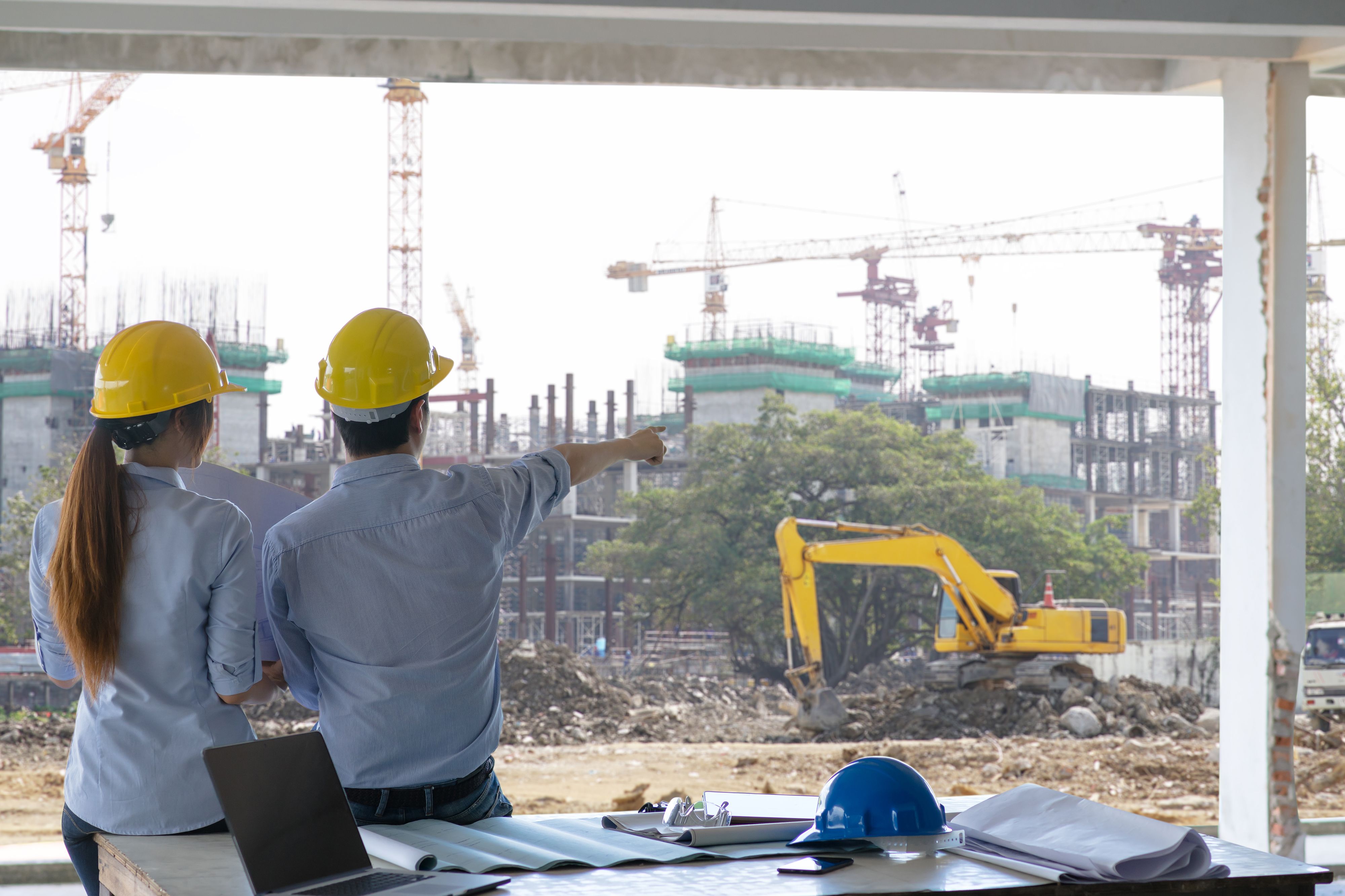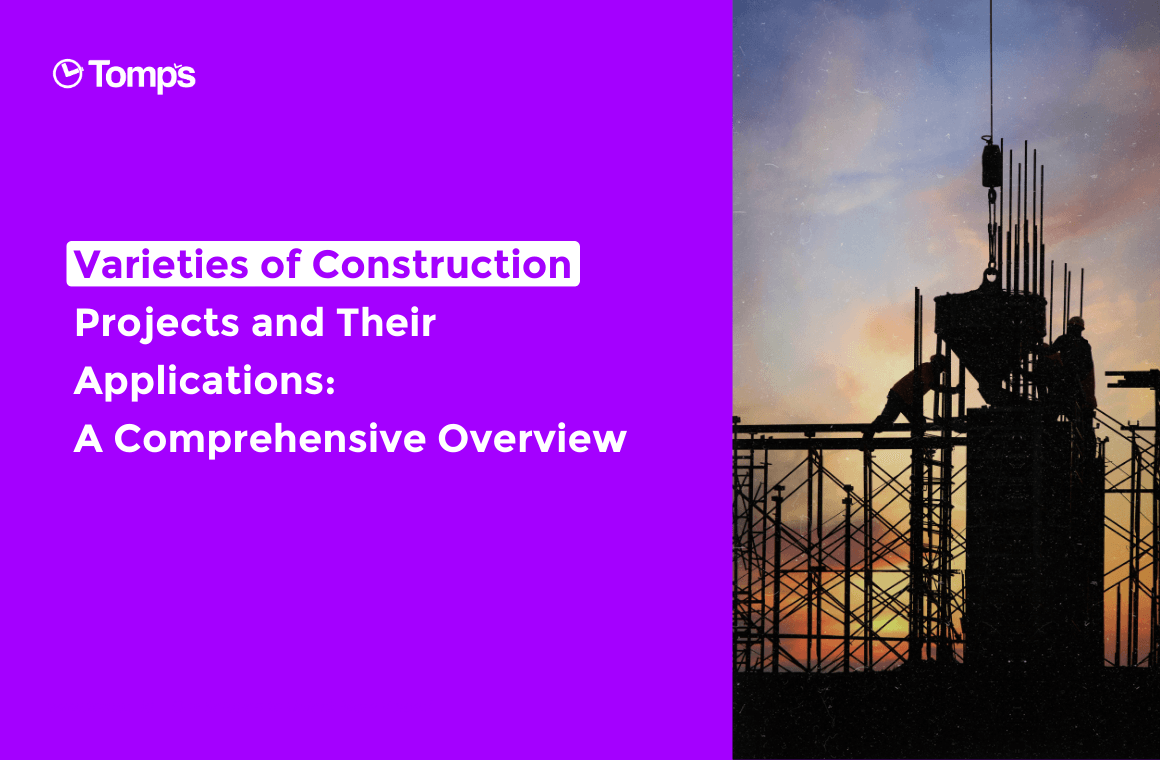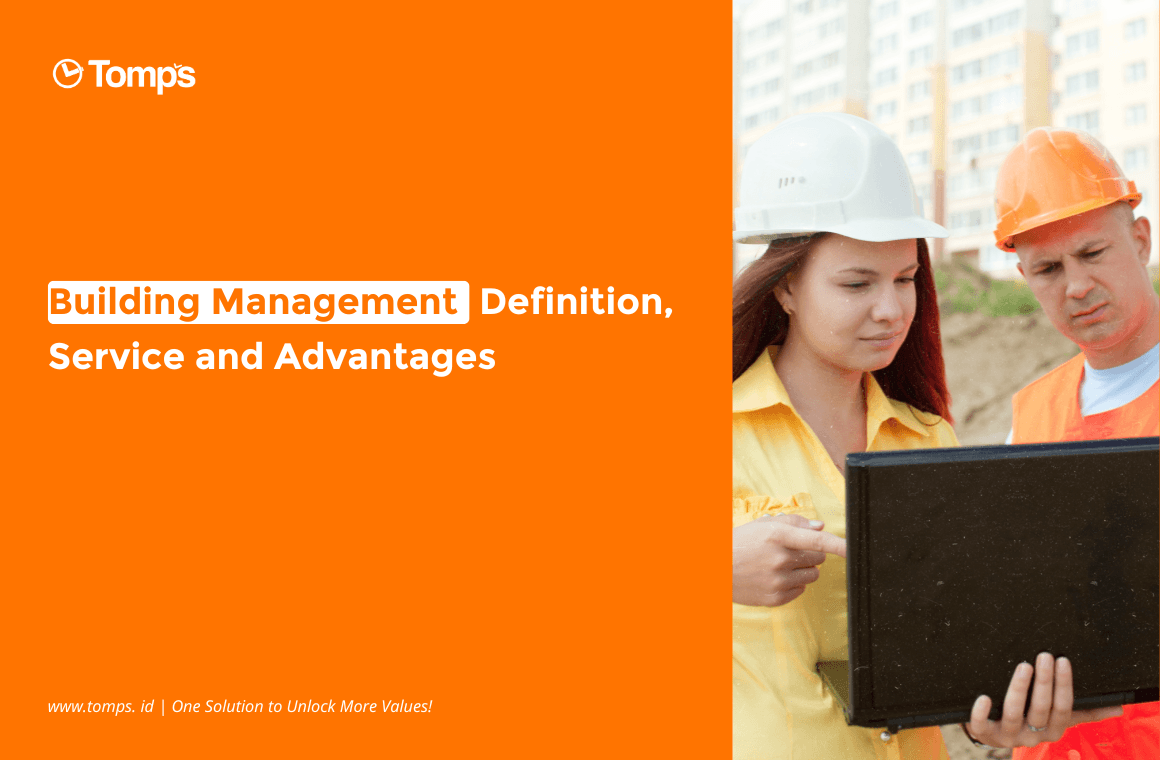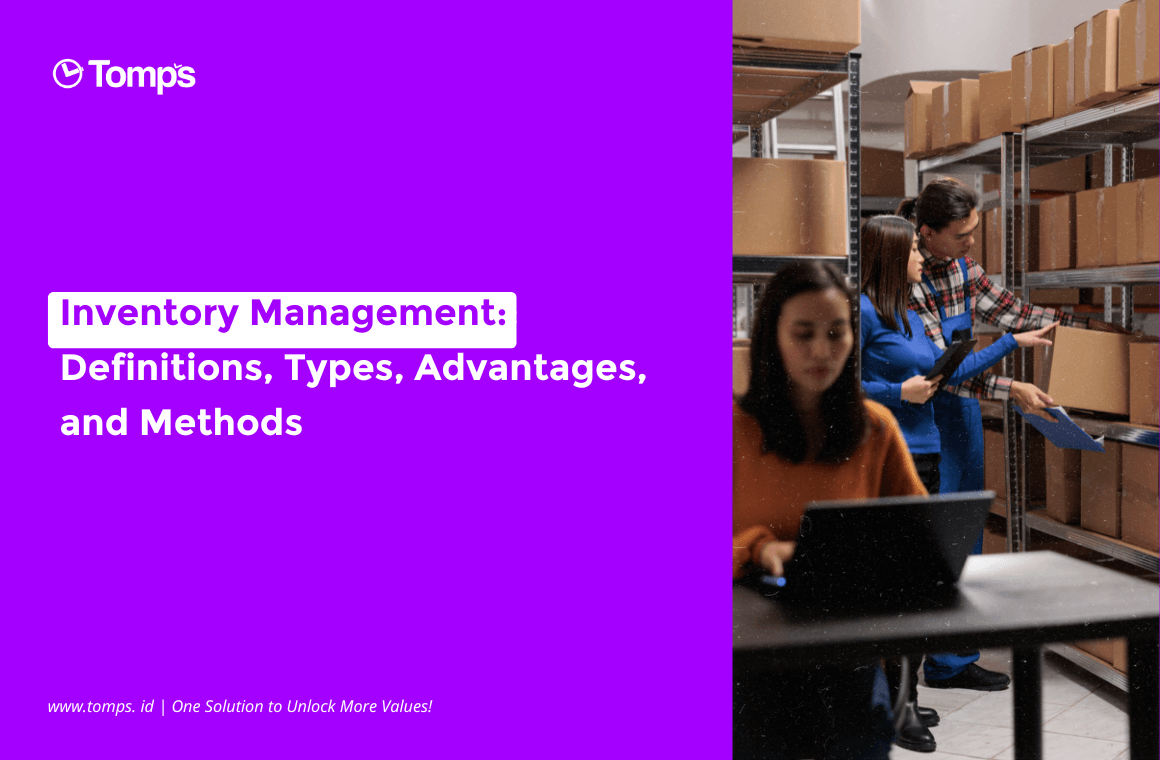In construction, there are huge differences in scope, scale, costs, engineering requirements, equipment requirements, building materials, developers, and contractors. Before knowing what types of construction projects there are, let's discuss the various types of projects in general.

Types of projects
In general, projects are divided into 5, namely:
- Construction Development projects generally have a definite time period, both at the beginning and at the end. Construction requires human resources, costs, machines, methods, and materials. The types and objectives of construction projects vary, as does their management.
- Manufacture It is a project to produce new products. Activities include product design, development, procurement, manufacturing, assembly, and functional testing of finished products.
- Research and development It is a project whose aim is to research and develop something. Management Feasibility This project does not produce a physical product but produces a report.
- Capital Projects This is a project with investment objectives. This usually includes land acquisition, land preparation, and purchasing the required materials and equipment.
Various construction projects
Especially for construction projects, urban planners often categorise them based on the end use of the project to ensure the project meets community needs according to the initial plan. The following are six types of construction projects based on their use:
- Residential Project Residential or residential construction describes structures built for residence. This category can be further broken down into single-family and multi-family construction. However, the multifamily concept is often too broad a category to adequately describe the needs and considerations of a project. Consider building a residential complex with apartment buildings. Technically, both are multifamily units, but there are significant differences in scale, cost, building materials, and technical requirements. From the perspective of owners and contractors, the construction of high-density residential projects (such as high-rise apartments) generally has more in common with commercial projects than other types of residential projects.
- Commercial Projects Commercial construction projects are a broad category that can describe a wide variety of business facilities. Examples include offices, retail stores, shopping centres, hotels, and other facilities built for commercial purposes. When compared to residential construction, commercial projects are much more complex. Commercial developers and designers must consider a variety of needs, including: building function Safety Environment Energy efficiency Accessibility. Commercial construction projects require contractors and subcontractors to meet more stringent prequalification standards than residential contractors. Residential and commercial construction also differ in terms of financial risks, especially in the pre-development phase. Project owners generally must have approval from the government in order to proceed and start the project. If it does not meet the requirements, then development cannot continue. Commercial development projects must follow specific building standards, especially those related to public safety. For example, security against the possibility of fire, emergency exits, use of safe materials, and so on.
- Mixed-use projects
Mixed-use or mixed-use construction projects combine several types of construction and land in the same development area. Mixed-use developments are designed to build more efficient and integrated communities by providing buildings with different functions in areas close to each other. It generally consists of a mix of residential and commercial units, recreational facilities, green spaces, and public facilities. Mixed-use developments are popular among developers because they are a solution to reduce financial risks. Developers have different portfolios in the same area. If demand for office units decreases, residential and retail units can help to cover or reduce the losses. Even though it has various advantages, of course mixed-use projects also have higher obstacles because they combine problems from different types of buildings. For example, the problems in housing complex units are certainly different from the problems in office buildings and shopping centre buildings.

- Institutional Projects Institutional construction projects are generally described as projects that are intended to be used and will be public. For example, educational institutions, hospitals, government buildings, and other public service facilities. In other words, institutional projects are almost the same as commercial projects but more aimed at the public. Many institutional projects are developed by the government, but it is possible that these projects are built, owned, and operated by private parties. As a result, there is sometimes significant overlap between commercial and institutional construction projects in terms of design requirements, building materials, and equipment requirements.
- Industrial Projects Industrial construction projects are all forms of projects whose results are used for industry. Starting from buildings for factories, warehouses, and power plants. More specific examples include chemical processing facilities, oil refineries, shoe factories, and all types of storage warehouses. All industrial projects must comply with the regulations determined by the government. Regulations for industrial projects tend to be stricter, especially when it comes to environmental impacts, such as waste processing. Working on industrial projects generally requires a high level of special techniques because they use material specifications that are different from most other projects. Therefore, contractors used for industrial projects cannot be haphazard.
- Heavy civil projects Heavy civil construction describes large-scale engineering projects typically related to infrastructure or public works. Civil projects include transportation systems such as highways, tunnels, and bridges for railways, stations, and airports. Apart from that, the construction of utilities such as water and waste disposal systems, communication networks, and electricity distribution is also included. Various other large projects also fall into this category. Heavy civil projects are often referred to as horizontal construction because they are usually long, not high. Civil and infrastructure projects are usually designed with complex designs, so the pre-development and pre-construction processes are very extensive. Even the pre-construction phase can sometimes take several years. The number of contractors available to work on heavy civil projects tends to be much more limited compared to other types of projects. The reason is because of the high obstacles and the need for heavy equipment, so it requires experience.
Those are six types of construction projects based on their use. To ensure better development project results, Tomps is here as an online development supervision platform. With various strategic smart features and an easy-to-learn interface, company performance and communication during the development process become easier. Visit Tomps by Telkom Indonesia to get all the features!







